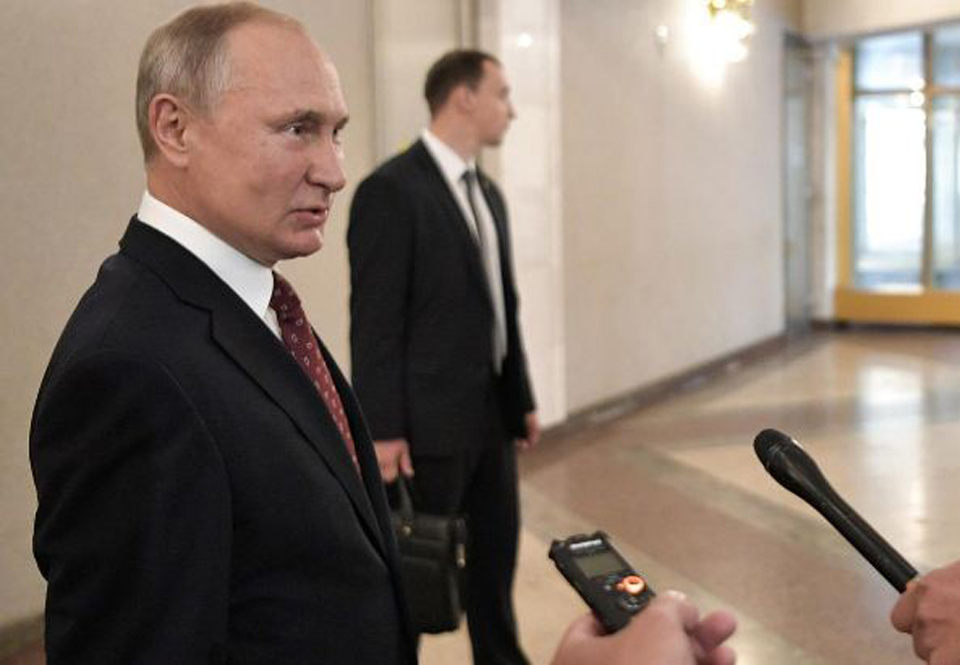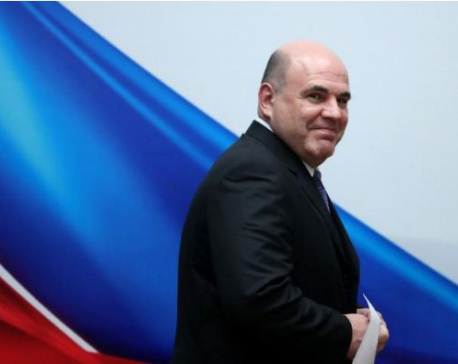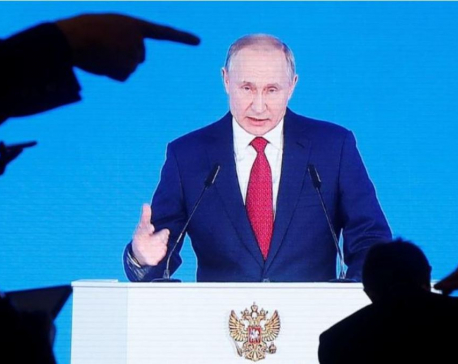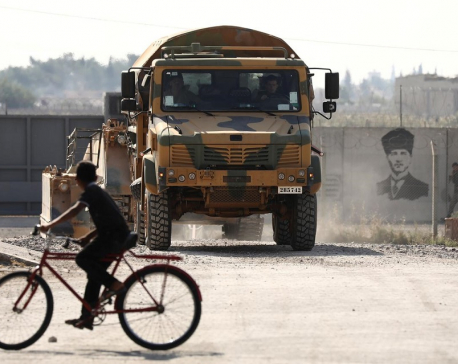
OR
Russia's ruling party loses a third of seats in Moscow election after protests - RIA
Published On: September 9, 2019 01:45 PM NPT By: Reuters

MOSCOW, Sept 9: Russia’s ruling United Russia party, which supports President Vladimir Putin, has lost a slew of seats in the Moscow parliament, RIA news agency said on Monday, suggesting a tactical voting strategy pushed by opponents may have worked.
Sunday’s poll was one of the most closely watched local elections in years after the exclusion of many opposition candidates triggered the Russian capital’s biggest protests in nearly a decade.
Though local, the Moscow election was earmarked by prominent opposition politician Alexei Navalny and his allies as an opportunity to make inroads against United Russia ahead of a national parliamentary election in 2021.
Protests erupted in mid-July after the Central Election Commission refused to register a large number of opposition candidates, saying they had failed to collect enough signatures from genuine backers.
The excluded candidates, including allies of Navalny, denounced the action as a ruse designed to stop them winning seats in Moscow’s parliament.
Navalny advised his supporters to vote tactically across Russia for the candidate with the best chance of defeating United Russia.
United Russia’s Moscow candidates rebranded as independents in an apparent effort to distance themselves from the party, whose popularity is at a more than decade-long low.
Nearly complete election data cited by the RIA news agency suggested United Russia had lost around one third of the seats it previously controlled.
RIA said it was on course to control 26 of the Moscow’s parliament’s 45 seats, enough to retain its majority. In a 2014 election it did much better, winning 28 seats in its own name and a further 10 by independent candidates that it backed.
This time round, RIA said the Communist Party took seats from United Russia, reportedly winning 13, up from five last time. Two other parties, the opposition Yabloko Party and the Fair Russia Party appeared to have won three each, it said.
Local or regional elections took place across all of Russia’s 11 time zones on Sunday. But the main focus was on Moscow after this summer’s demonstrations there turned into the biggest sustained protest movement in Russia since 2011-2013.
Several videos circulating on social media showing some voters openly stuffing ballot boxes with multiple voting slips.
At more than 60%, Putin’s own popularity rating is much higher than most Western leaders, though lower than it has been previously. The former KGB officer won a landslide election victory last year that will keep him in office until 2024.
United Russia’s own popularity is suffering from discontent over a move to raise the retirement age however at a time of steadily falling incomes.
You May Like This

Russia's ruling party approves Putin's pick for new PM
MOSCOW, Jan 16: Russia’s ruling party on Thursday unanimously backed President Vladimir Putin’s surprise choice for prime minister, Mikhail Mishustin,... Read More...

Putin shake-up could keep him in power past 2024 as cabinet steps aside
MOSCOW, Jan 16: Russian President Vladimir Putin proposed constitutional changes on Wednesday that would give him scope to extend his... Read More...

Russia says Syrian Kurd forces pulling back from Turkish border
MOSCOW/ISTANBUL, Oct 24: Kurdish forces have begun withdrawing from areas near the Turkish frontier in Syria, Russia’s deputy foreign minister... Read More...






Just In
- CM Kandel requests Finance Minister Pun to put Karnali province in priority in upcoming budget
- Australia reduces TR visa age limit and duration as it implements stricter regulations for foreign students
- Govt aims to surpass Rs 10 trillion GDP mark in next five years
- Govt appoints 77 Liaison Officers for mountain climbing management for spring season
- EC decides to permit public vehicles to operate freely on day of by-election
- Fugitive arrested after 26 years
- Indian Potash Ltd secures contract to bring 30,000 tons of urea within 107 days
- CAN adds four players to squad for T20 series against West Indies 'A'












Leave A Comment